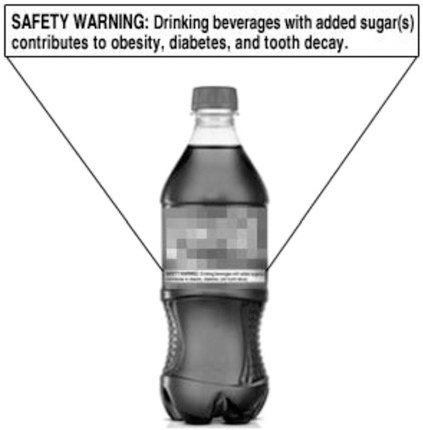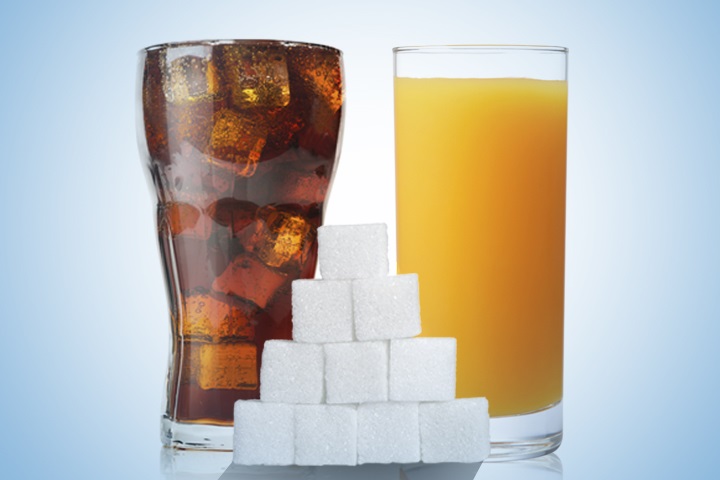When a sugar-sweetened beverage has a health warning label, parents “may be significantly less likely to purchase” it, according to new research.

The first of its kind study examined what impact health warning labels — similar to those found on tobacco products — had on parental purchasing of sugar-sweetened beverages (SSBs). The researchers say a label warning such as “consuming beverages with added sugar may contribute to obesity, diabetes and tooth decay” was a factor in whether parents would buy the beverage.
“Regardless of the specific wording, results show that adding health warning labels to SSBs may be an important and impactful way to educate parents about the potential health risks associated with regular consumption of these beverages, and encourage them to make fewer of these purchases,” said lead author Christina Roberto, assistant professor of Medical Ethics & Health Policy at Penn Medicine.
“The findings are in line with similar studies conducted on the effects of warning labels on tobacco products, which have been shown to increase consumer knowledge of health risks related to tobacco use, and encourage smoking cessation,” said Roberto.
The research team — led by the Perelman School of Medicine at the University of Pennsylvania — conducted an online survey of 2,381 parents, who had at least one child between six and 11 years old. The study will be published in the Journal of Pediatrics.
READ MORE: Is taxing sugary drinks the answer to obesity and diabetes epidemic?
Of the parents who were shown a warning label, 40 per cent said they would purchase a SSB. Of the parents who were not shown a warning label, 60 per cent said they would purchase a SSB.

According to the Heart and Stroke Foundation, sugar-sweetened beverages are the single largest contributor of sugar in the diet. Health officials believe excess calories from SSBs such as soft drinks, sports drinks, fruit drinks and juices contribute to rising levels of childhood obesity worldwide.
READ MORE: 5% of daily calories should come from sugar: Heart and Stroke Foundation
According to the Heart and Stroke Foundation, Canadians consume as much as 13 per cent of their total calorie intake from added sugars. The organization recommends Canadians’ total intake of free sugars should not exceed 10 per cent of total daily calorie intake, and ideally less than five per cent.
The Canadian Beverage Association said in a previous statement that over the past decade the industry has “already reduced daily beverage calories by 20 per cent per person, at a time when obesity in Canada has increased.”
It added that the Canadian beverage industry recently set a goal to further reduce per capita beverage calories by another 20 per cent by 2025.





Comments